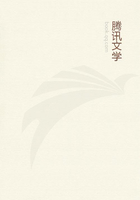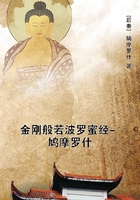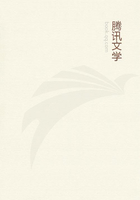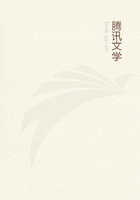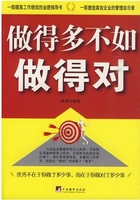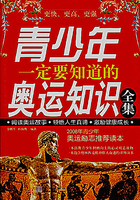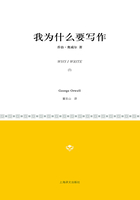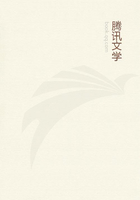Again, among the tribes of the Upper Nile the medicine-men are generally the chiefs. Their authority rests above all upon their supposed power of making rain, for rain is the one thing which matters to the people in those districts, as if it does not come down at the right time it means untold hardships for the community. It is therefore small wonder that men more cunning than their fellows should arrogate to themselves the power of producing it, or that having gained such a reputation, they should trade on the credulity of their simpler neighbours. Hence most of the chiefs of these tribes are rain-makers, and enjoy a popularity in proportion to their powers to give rain to their people at the proper season . Rain-making chiefs always build their villages on the slopes of a fairly high hill, as they no doubt know that the hills attract the clouds, and that they are, therefore, fairly safe in their weather forecasts. Each of these rain-makers has a number of rain-stones, such as rock-crystal, aventurine, and amethyst, which he keeps in a pot. When he wishes to produce rain he plunges the stones in water, and taking in his hand a peeled cane, which is split at the top, he beckons with it to the clouds to come or waves them away in the way they should go, muttering an incantation the while. Or he pours water and the entrails of a sheep or goat into a hollow in a stone and then sprinkles the water towards the sky. Though the chief acquires wealth by the exercise of his supposed magical powers, he often, perhaps generally, comes to a violent end; for in time of drought the angry people assemble and kill him, believing that it is he who prevents the rain from falling. Yet the office is usually hereditary and passes from father to son. Among the tribes which cherish these beliefs and observe these customs are the Latuka, Bari, Laluba, and Lokoiya.
In Central Africa, again, the Lendu tribe, to the west of Lake Albert, firmly believe that certain people possess the power of making rain. Among them the rain-maker either is a chief or almost invariably becomes one. The Banyoro also have a great respect for the dispensers of rain, whom they load with a profusion of gifts. The great dispenser, he who has absolute and uncontrollable power over the rain, is the king; but he can depute his power to other persons, so that the benefit may be distributed and the heavenly water laid on over the various parts of the kingdom.
In Western as well as in Eastern and Central Africa we meet with the same union of chiefly with magical functions. Thus in the Fan tribe the strict distinction between chief and medicine-man does not exist. The chief is also a medicine-man and a smith to boot; for the Fans esteem the smith's craft sacred, and none but chiefs may meddle with it.
As to the relation between the offices of chief and rain-maker in South Africa a well-informed writer observes: In very old days the chief was the great Rain-maker of the tribe. Some chiefs allowed no one else to compete with them, lest a successful Rain-maker should be chosen as chief. There was also another reason: the Rain-maker was sure to become a rich man if he gained a great reputation, and it would manifestly never do for the chief to allow any one to be too rich. The Rain-maker exerts tremendous control over the people, and so it would be most important to keep this function connected with royalty. Tradition always places the power of making rain as the fundamental glory of ancient chiefs and heroes, and it seems probable that it may have been the origin of chieftainship. The man who made the rain would naturally become the chief. In the same way Chaka [the famous Zulu despot] used to declare that he was the only diviner in the country, for if he allowed rivals his life would be insecure. Similarly speaking of the South African tribes in general, Dr. Moffat says that the rain-maker is in the estimation of the people no mean personage, possessing an influence over the minds of the people superior even to that of the king, who is likewise compelled to yield to the dictates of this arch-official.

